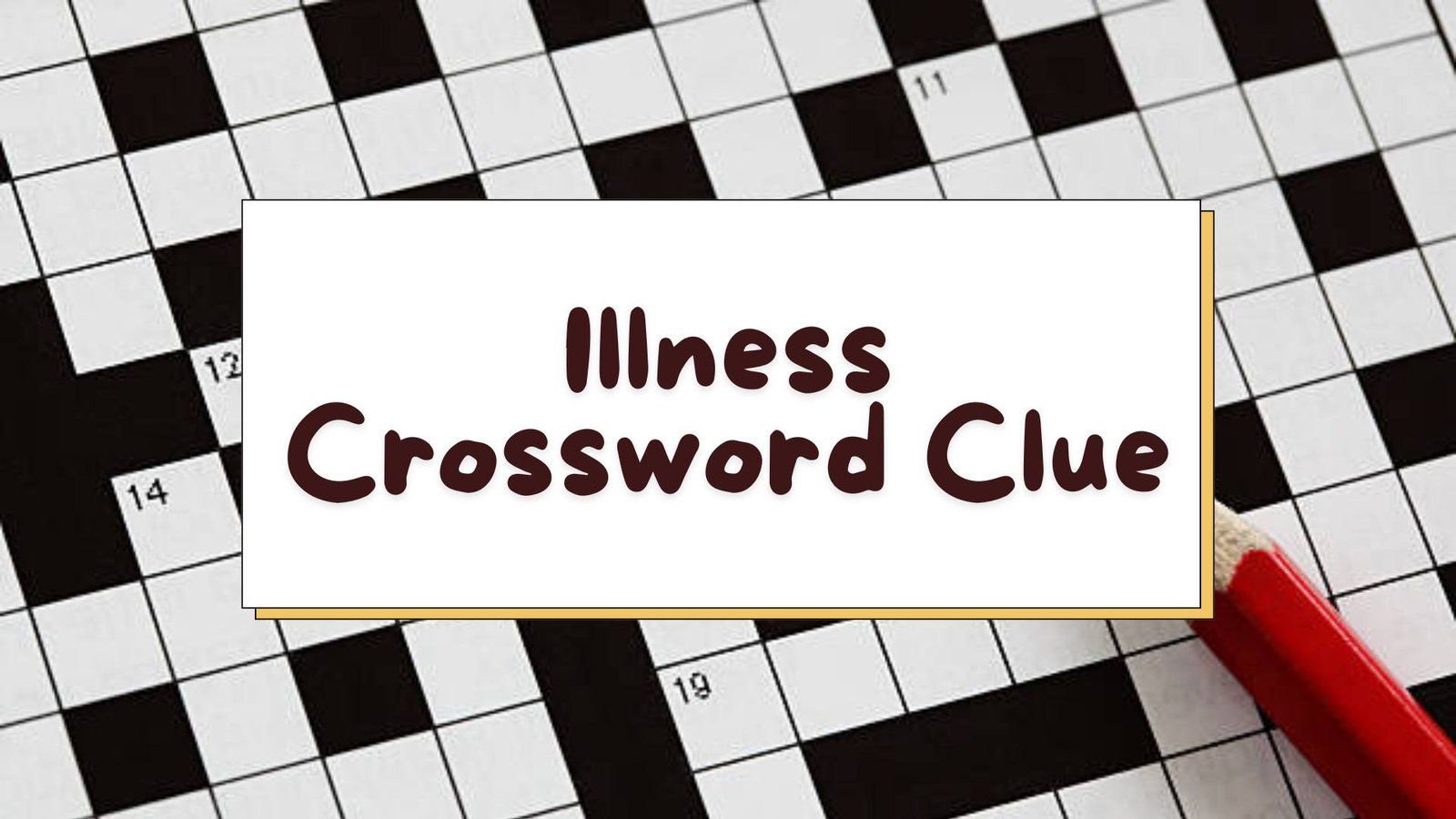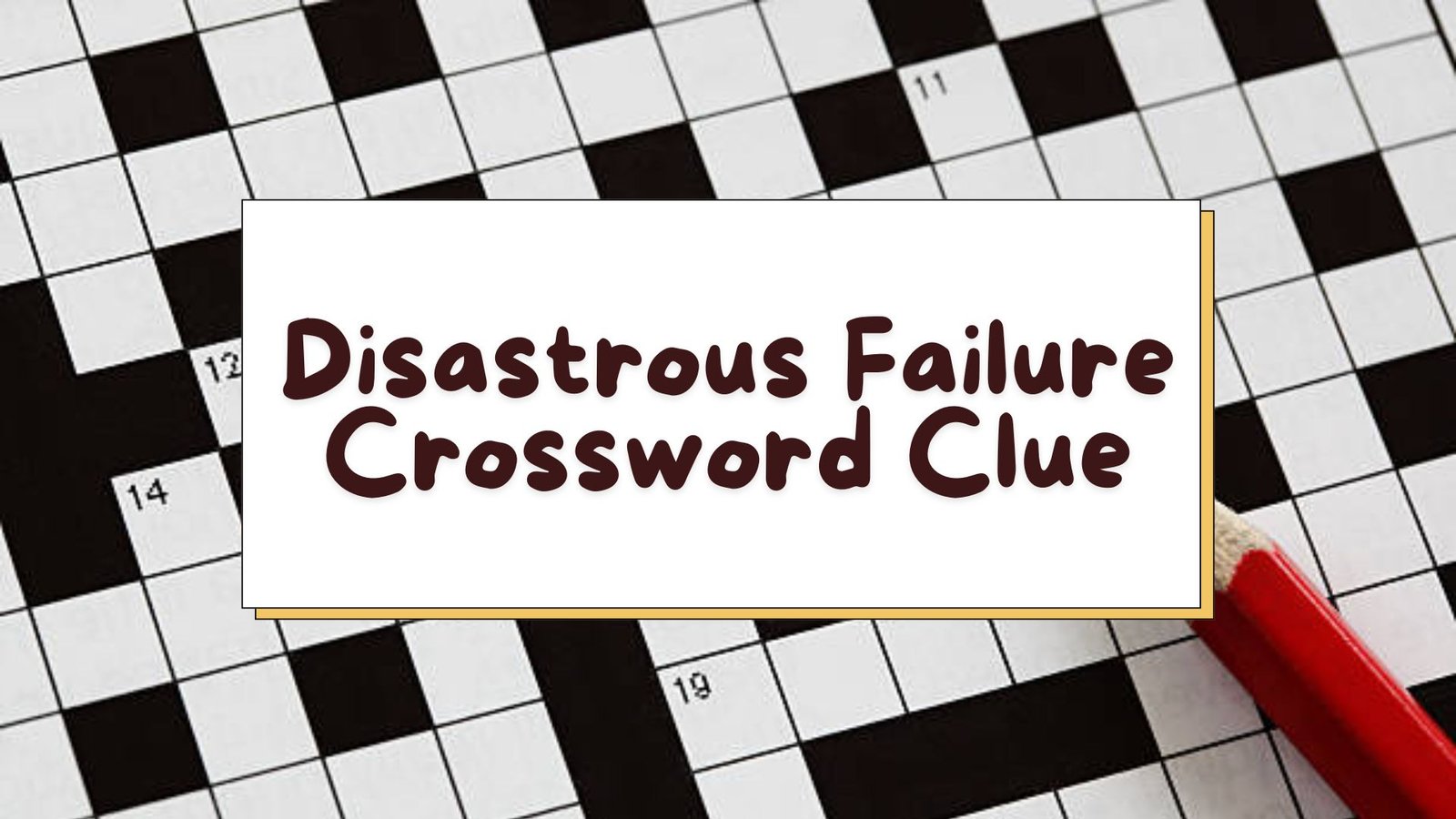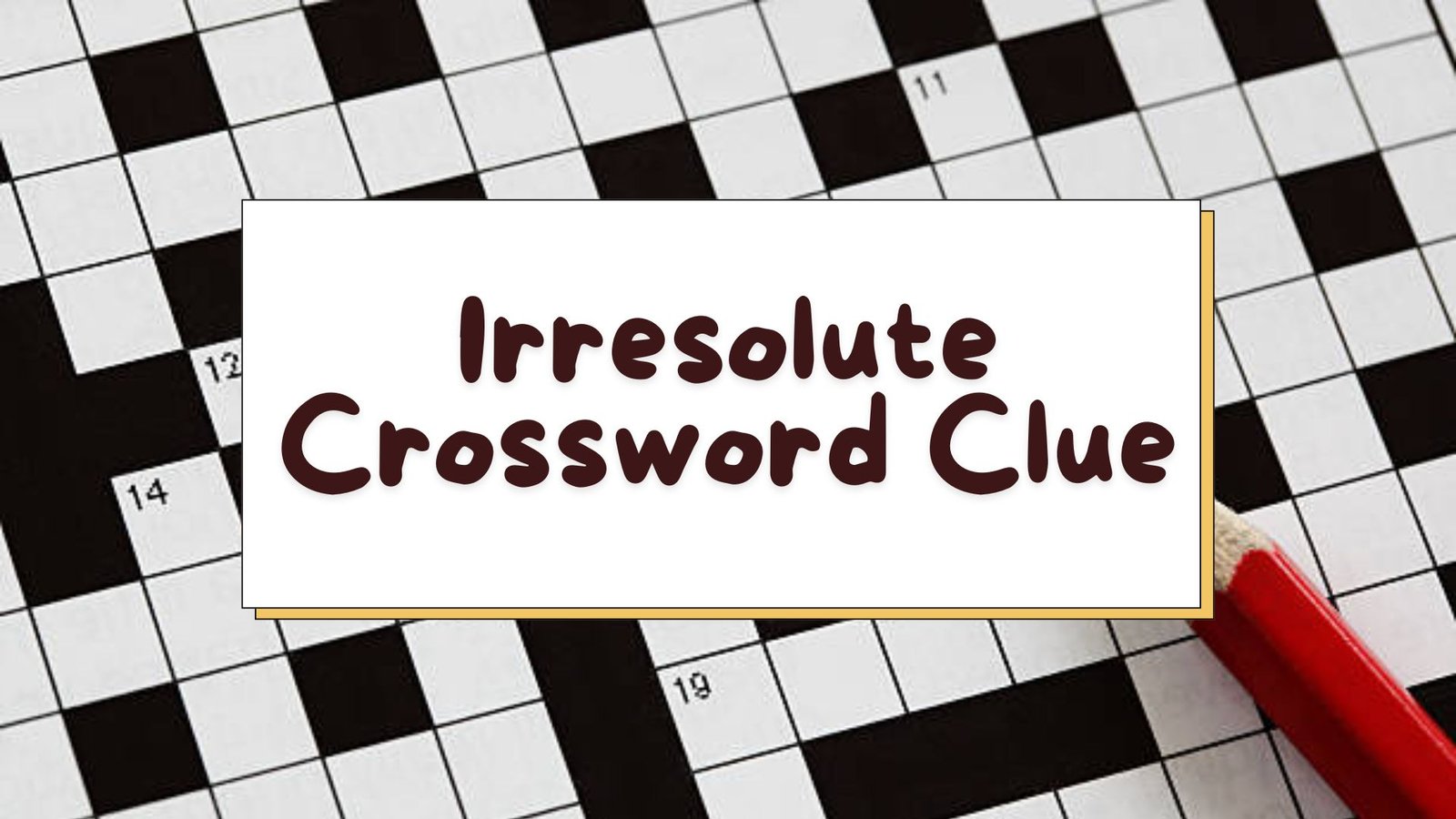Crossword puzzles are an excellent way to challenge the mind and expand vocabulary. A key part of this challenge is deciphering the clues. One type of clue that often appears in crosswords revolves around the theme of “illness.” These clues may be straightforward, cryptic, or even misleading, requiring the solver to think outside the box. If you’ve found yourself stuck on an illness-related crossword clue, this article will guide you through some common clues, types of answers, and tips to solve these challenging puzzles.
What is an Illness Crossword Clue?
A “crossword clue” is a cryptic or straightforward hint that leads to the solution of a word placed in a crossword puzzle grid. An illness crossword clue typically refers to a disease, condition, or symptom. The clue could describe a particular illness (e.g., “chronic condition” or “contagious sickness”) or could be more indirect (e.g., “sick person” or “viral infection”). Sometimes, these clues may be designed to confuse the solver by using wordplay, puns, or double meanings.
For instance, a clue such as “Viral disease spread by mosquitoes (7)” could be solved with the answer “dengue.” This clue is straightforward, providing the solver with a clear path to the answer. On the other hand, a more cryptic clue like “Malady at the heart of Paris (6)” might be trickier, requiring the solver to think of a disease and identify a hidden hint in the phrase.
Also Read: Environmental Habitat Crossword Clue: Decoding the Puzzle
Common Types of Illness Crossword Clues
- Specific Illnesses: These clues refer to a particular disease or condition.
- Example: “Feverish disease spread by mosquitoes” (5) — “Dengue”.
- Example: “A long-lasting respiratory illness (5) — “Asthma”.
- Symptoms: Some clues describe the symptoms of a condition, which can lead to a specific diagnosis.
- Example: “Constant sneezing (5)” — “Allergy”.
- Example: “Excessive thirst (8)” — “Diabetes”.
- Medical Terms: These clues refer to medical terms or jargon related to illness or health.
- Example: “A condition characterized by abnormal bone density (7)” — “Osteoma”.
- Example: “The process of recovering from illness (7)” — “Healing”.
- Cultural References to Illness: Sometimes crossword puzzles include references to illnesses that have cultural significance, like diseases mentioned in literature or popular media.
- Example: “Illness caused by radiation exposure in ‘The Simpsons’ (6)” — “Radon”.
- Example: “Mysterious illness in ‘The Andromeda Strain’ (5)” — “Plague”.
- Puns and Wordplay: As with many crossword clues, illness-related clues can often be tricky due to wordplay. These clues might involve homophones, hidden meanings, or indirect references.
- Example: “Sick cat (4)” — “Ill” (a simple but tricky clue relying on the double meaning of “sick”).
- Example: “Sore throat, perhaps? (5)” — “Virus” (referring to an illness causing a sore throat).
How to Solve Illness Crossword Clues
Solving illness-related crossword clues requires a mixture of knowledge, reasoning, and pattern recognition. Here are some tips that will help you when encountering these types of clues:
1. Use Contextual Knowledge
Many crossword clues rely on knowledge of diseases and medical terminology. Having a broad understanding of illnesses, symptoms, and treatments will make solving these clues easier. For instance, if you know that the flu is a common illness during the winter months, you may recognize that a clue such as “Winter sickness” could lead to the answer “Flu.”
2. Consider the Number of Letters
Crossword clues often come with a number that tells you how many letters the answer will have. This helps narrow down the options. If the clue reads “Feverish illness” (4), and you know the answer must have four letters, “Cold” could be a potential solution. Always match the number of letters to help validate your answer.
3. Look for Synonyms or Abbreviations
Crossword puzzles often use synonyms or abbreviations to represent common illnesses. For example, “TB” may refer to “Tuberculosis” in some puzzles. Be aware of common medical abbreviations and consider whether they can help solve the clue.
4. Think of Disease Categories
Grouping diseases into categories can also help. For example, illnesses could be categorized as viral, bacterial, chronic, acute, or genetic. If a clue mentions “infection,” consider what types of infections are common and what length the answer must be. “Cold”, “Flu”, and “HIV” are all possibilities, but using the crossword’s letter structure will guide you.
5. Consider Cryptic Clues
For cryptic crossword enthusiasts, illness-related clues may involve a play on words. For example, a clue like “The sick turn (5)” could be solved as “Ills”, because “sick” refers to illness, and “turn” can suggest a reversal of the letters.
6. Cross-reference with Other Clues
If you’re stuck on an illness clue, try solving other clues in the puzzle to get more letters. These letters will help you narrow down your options for the illness clue.
Common Illnesses in Crossword Puzzles
Here are some common illnesses that might appear in crossword puzzles, along with brief descriptions:
- Cold: A common viral infection causing congestion, sneezing, and sore throat.
- Flu: A contagious respiratory illness that can cause fever, fatigue, and body aches.
- Cancer: A group of diseases where abnormal cells divide uncontrollably.
- Asthma: A respiratory condition characterized by difficulty breathing due to narrowed airways.
- HIV: Human Immunodeficiency Virus, which attacks the immune system.
- Diabetes: A condition where the body cannot properly regulate blood sugar levels.
- Malaria: A mosquito-borne infectious disease causing fever, chills, and flu-like symptoms.
- Tuberculosis: A bacterial infection primarily affecting the lungs, causing coughing, weight loss, and night sweats.
Also Read: Work Crossword Clue: A Comprehensive Guide to Solving Work-Related Crosswords
Final Thoughts
Illness-related crossword clues can be challenging, but they also provide an excellent opportunity to learn about medical terminology and expand your vocabulary. Whether you’re solving straightforward clues or facing cryptic wordplay, a little knowledge and strategy can go a long way in cracking the code. Use your contextual knowledge, be mindful of letter patterns, and don’t hesitate to cross-reference answers to uncover the right solution.
With these tips in hand, the next time you’re stuck on an illness crossword clue, you’ll be better equipped to unlock the answer and keep moving forward in your crossword puzzle journey!











One thought on “Illness Crossword Clue: Unlocking the Mystery Behind Clues Related to Sickness”